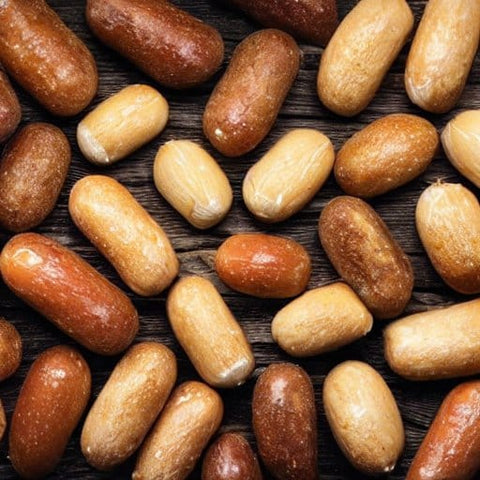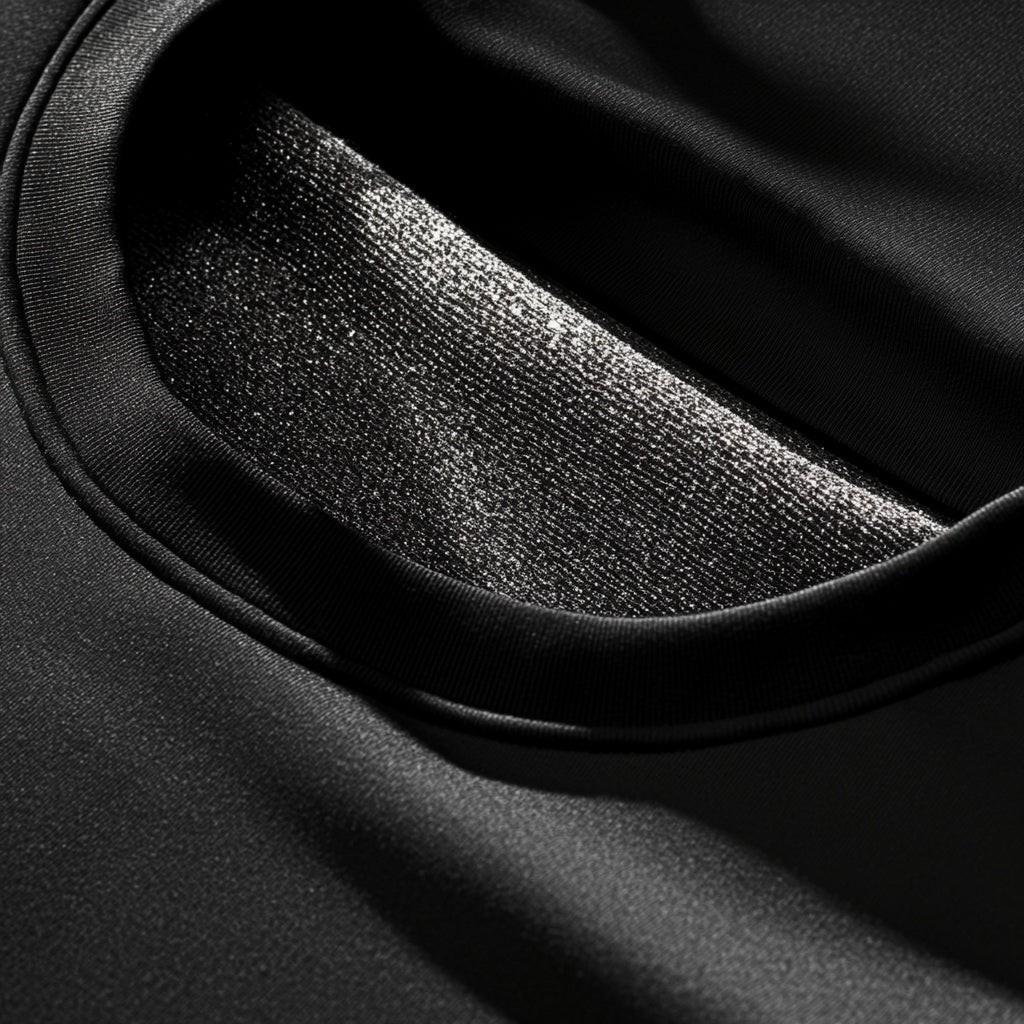What to Consume Prior to Physical Activity
A meal or snack that is nutritious and well-balanced should always be had before to physical activity. What you eat before and throughout your exercise will have a direct impact on how you feel and will help you achieve your maximum potential.
It is best to have a complete lunch between between two and three hours before beginning your workout. Choose less complex carbohydrates and a little bit of protein for meals that you consume closer in time to your activity.
Healthy foods to consume before a workout:
- Complex carbohydrates: Meals that are high in complex carbohydrates, such as brown rice, whole wheat bread, cereal, and sweet potatoes, can provide a steady supply of energy while you are working out. Complex carbs are also known as "complex sugars."
- Eating protein: prior to exercise can help reduce the amount of muscular injury that occurs and speed up healing time. Eggs, Greek yogurt, poultry, seafood, and even plant-based choices such as tofu and legumes can all be considered reliable forms of protein.
- Fruits and veggies: Fruits and vegetables are an excellent source of vitamins and nutrients that are necessary for good health, and they can also serve to provide an immediate source of energy. You can't go wrong with bananas, grapes, citrus, or verdant vegetables as your food of choice.
- Almonds and seeds: Nuts and seeds, such as almonds, walnuts, and chia seeds, are a good source of healthy lipids, protein, and fiber. These nutrients can help you feel satisfied and invigorated while you're working out, so eating them is a good idea.
- Water: It's important to drink plenty of water both before and during your exercise to keep your body refreshed. Try to consume at least 16 to 20 ounces of water approximately three to four hours before your exercise and then another 8 to 10 ounces approximately ten to twenty minutes before beginning your workout.
Carbohydrates
It's crucial to have this aspect of your fitness routine down pat, therefore it's important to choose the correct diet before, during, and after exercises, even if it may be complicated to do so. Consuming the appropriate meals will provide your body with the fuel it needs to work at a higher level, boost performance, speed up recovery, and promote a stronger immune system.
Aim to consume between 20 and 40 grams of carbohydrates in the meal or snack that you eat before you exercise. Carbohydrates may be used as a source of energy during activity, and your body can also store them in the muscle cells for use as a source of fuel for longer periods of time when you are not active.
For instance, a small study that was published in Applied Physiology, Nutrition, and Metabolism found that consuming carbohydrate 15 minutes before running on a treadmill for 5 minutes at 60% of the participant's VO2 max (the maximum rate of oxygen the body can use during activity) resulted in improved endurance. The participants finished the 45-minute session 13% faster than those who didn't consume pre-workout carbohydrates. This finding was based on the fact that VO2 max measures the maximum rate

Carbohydrates are your body's major source of fuel, and they are also the source of the energy that you feel almost immediately. They are also the fuel of choice for the body during high-intensity workouts, such as running and HIIT sessions, which are both examples.
Complex carbohydrates are best to focus on if you plan to consume more than about one gram of carbohydrate per kilogram of your body weight prior to exercising. This is the equivalent of approximately 150 calories for a person whose weight is 68 kilograms. Complex carbohydrates are digested slowly and provide more energy over a longer period of time than simple carbohydrates. These include meals like bread made with whole grains, pasta made with whole wheat, brown rice, and other similar foods that are high in complex carbohydrates yet low in fat and cholesterol.
Because they are easily digested and generate a rapid release of energy, simple carbohydrates should be avoided at all costs because they may cause your energy levels to decrease. This is particularly the case if you don't consume them at least an hour before you begin your fitness routine.
According to Dr. Mike Molloy, a sports nutritionist who works with some of the best athletes in the world, it is preferable to have a light snack that is high in carbohydrates around 30–45 minutes before a workout as opposed to a bigger meal that is more calorically dense.
Aim to have a nutritious lunch or snack before to your activity that includes a balance of carbs, protein, and fat. According to Nina Kolbe, a registered dietitian and member of the Forbes Health Advisory Board, doing so can assist maintain your muscles strong while also ensuring that your energy levels stay high both throughout and after your exercise.
Protein
Consuming the appropriate nutrients before and after exercise may help you get the most out of your workouts and improve your outcomes, regardless of whether you're already a fitness enthusiast or simply trying to get in better condition. Consuming the appropriate amounts of carbohydrates, protein, and fat will not only improve your endurance and stamina but also lessen the amount of muscle damage you sustain.
The proportion of these macronutrients that you take in depends on the kind of activity you're performing and the requirements of your body at that time. For instance, carbohydrates are essential for providing the body with energy, while protein is necessary for the development and upkeep of strong muscles.
As a general rule, you should make it a priority to ingest at least one gram of protein for every single calorie that you take in. According to Robert Wildman, PhD, who is the chief protein officer of Premier Protein, doing so enables you to create more lean muscle mass.
It is important to have a range of meals and snacks that are high in protein if you want to be sure that you are receiving the necessary amount of protein over the course of the day. At each meal, you should make it a point to consume at least a couple ounces of some kind of protein, such as meat, fish, beans, eggs, cheese, or yogurt.
Including high-quality supplements as part of your daily routine is another way to increase the amount of protein you consume. These supplements may provide you an extra dose of protein just when you need it the most, which is particularly useful after you have finished working out.
It is vital for muscle recovery and regeneration that you have a meal or snack high in protein around one to three hours after your exercise. It might be anything as easy as a fruit or nut that is high in protein, such as half a banana combined with one scoop of chocolate whey protein powder and one tablespoon of nut butter (about 290 calories and 25 grams of protein).
Plant-based proteins, such as those found in chia seeds and hemp seeds, are a wonderful option for those who cannot consume lactose or who are vegan. These are loaded with fiber and good fats, both of which may help increase your levels of energy while also providing you with extra protein.
You can also jazz up your pre-workout snack by mixing a protein powder with water or milk to make a speedy drink that you can grab and go. This will allow you to take your drink with you wherever you go. People who don't have the time to eat a complete meal before heading to the gym may find that drinking a protein shake is a more handy alternative.
Fat
What you eat in the hours leading up to your exercise may have a significant impact on how well you perform and how you feel afterwards. In order to maintain your current level of energy, you will need to provide your body with an adequate amount of carbohydrates and protein.
Complex carbs, such as those found in whole grain cereals, low-fat milk and yogurt, and fruits, are among the very best foods to consume before engaging in physical activity. These meals are more manageable for your digestive system, and they will provide you with the necessary amounts of energy to power through your exercise.
In order to help in the synthesis and repair of muscle tissue, you should ingest protein before working out. You will be able to construct and keep your lean muscle mass with the support of this.
When you consume a meal, check to see that it contains an appropriate amount of carbohydrates, protein, and fat. Carbohydrates are necessary for supplying your muscles with the energy they need, but protein is crucial for both keeping your muscle mass at a lean level and mending any damage to your muscles.
Make an effort to include fats in your diet by include nuts and seeds in the meals that you prepare. These are simple to break down and may be an excellent source of lipids, in addition to fiber and other nutrients. They are also simple to digest.
Incorporating healthy fats into your diet is not only going to help you feel full for longer, but it is also going to enhance the consistency, taste, and overall satisfaction of the foods you eat. Additionally, it may assist in the absorption of vitamins, boost your metabolism, and reduce the likelihood that you will suffer from obesity or any number of other disorders.
It is essential to choose healthy fats, such as oils high in monounsaturated and polyunsaturated fatty acids, since these fats have a lower risk of adverse health effects compared to saturated and trans fats. These fats may help you keep your blood sugar under control while also lowering your chances of developing diabetes and heart disease.
It might be challenging to choose which meals to consume before engaging in physical activity. At least two hours before you begin your exercise, you should have a meal that contains protein, carbohydrates, and fat. The internet is full of contradicting information about what works best, but the general rule of thumb is to consume this meal.
For instance, a piece of toast spread with nut butter may make for a convenient and speedy snack that is also simple to digest and will provide you with the protein and carbohydrate fuel you want for your exercise. A crash is something that often follows missing meals, and this may help you prevent that crash.
In addition, fat is a key source of energy, and as such, you should be sure to include it into your diet. It is essential that you consume fats in moderation in order to prevent your body from storing them as fat.
Water
Be sure to drink a lot of water before a workout since this is one of the most effective strategies to prepare your body ready for the activity. It can help you feel hydrated for longer, raise your energy levels, and encourage weight reduction all at the same time.
The Centers for Disease Control and Prevention (CDC) recommends that individuals drink at least 8 glasses of water each day. The amount of fluid you need to consume depends on factors such as your age, gender, degree of exercise, and general state of health.
In addition to water, you should try to consume a variety of other fluids every day. You may make progress toward the daily water consumption recommendation by drinking skim milk, fortified soy drinks, fruit and vegetable juices, and soups.
Aim to consume around one glass of water every time you have feelings of thirst, and make sure that you take many sips of water when you are eating meals and snacks, as well as at least once while you are using the restroom. This will guarantee that you fulfill your water requirements throughout the day, and it might also inspire you to add more water to your diet if that's something you've been struggling with.
Place containers of water around you at home, at work, and while you are traveling so that you can easily drink it throughout the day. This is an additional simple method for incorporating water into your daily routine. This will make it much simpler for you to keep track of how many glasses of water you are consuming, and it will also assist you in developing the habit of drinking water throughout the day.
If you find that drinking plain water isn't to your liking, you may want to try flavoring it with fruits, herbs, or both. Cucumbers and peaches, along with lemons and limes, strawberries, and mint, are two of the best fruits to add to water in order to give it a more invigorating flavor.
Some of these flavored waters even have a wonderful flavor to them. If you want something that's a little bit sweeter, consider adding some honey and berries to your water and letting it sit for a while.
It is an excellent method for appreciating the taste of fruits while avoiding the addition of calories or sugar. In addition to that, it is a fantastic method for include more fruit in your diet.
Start by exchanging your soda for sparkling water or seltzer and you'll be well on your way to maintaining proper hydration levels. While assisting you in avoiding additional sugar and salt, this may help you attain the daily recommended consumption of water.


















































Leave a comment